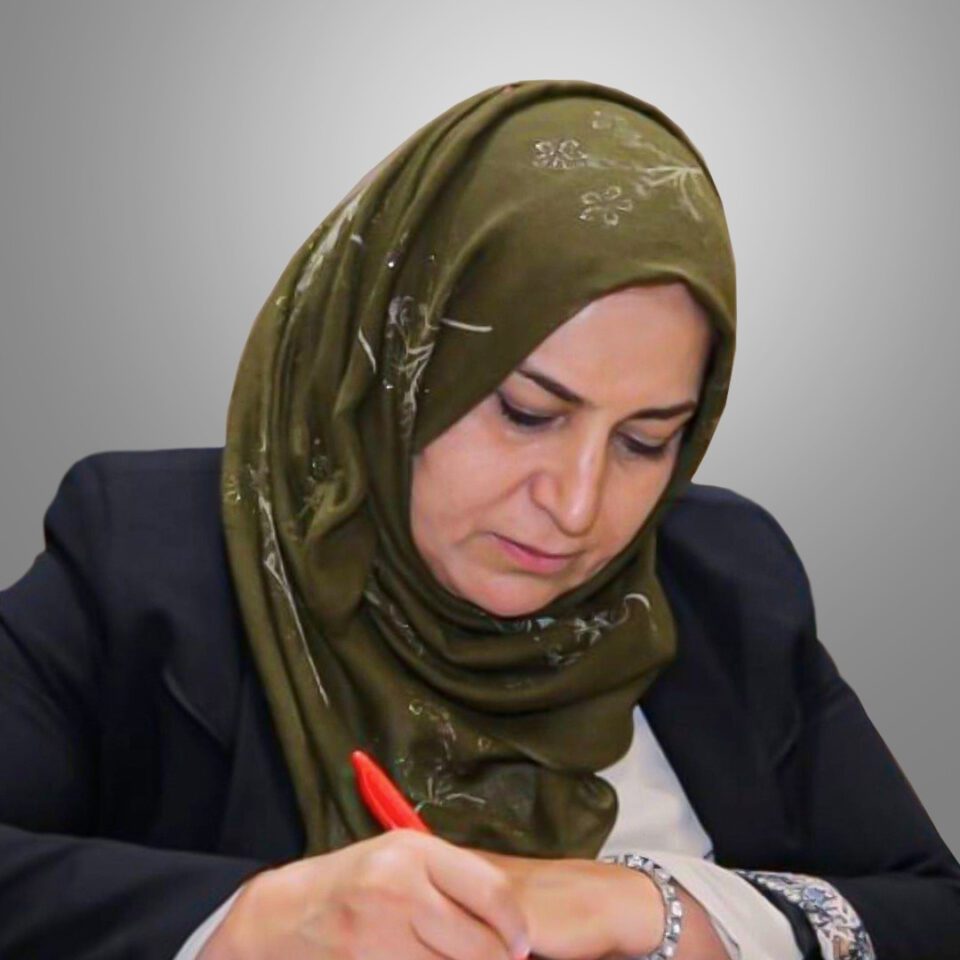By | Dr. Nazaket Hussen
The diplomatic significance of the Kurdistan Region is becoming an undeniable reality on the global stage, signaling a shift in how power and influence are measured in today’s world. For decades, the Kurdish people have linked their struggle for recognition and self-determination to the absence of an independent state. While the lack of a state has traditionally limited political and economic power, this is no longer the sole determinant of global relevance.
Historically, the strength of a state was often tied to its military might, territorial expanse, and nuclear capabilities. Today, however, the ability to address and engage in global challenges—ranging from climate change to terrorism—has become a defining criterion. The Kurdistan Region, despite its size and lack of formal statehood, has increasingly demonstrated its ability to contribute meaningfully to resolving these global issues.
The Kurdistan Region’s leaders are regularly invited to international forums, including high-profile events such as the Davos Economic Forum, the Munich Security Conference, and various Arab and regional summits. These invitations reflect the region’s growing diplomatic clout, as its leadership plays an active role in addressing some of the world’s most pressing challenges, from terrorism to coexistence in a complex region.
This newfound diplomatic prominence can be attributed to a combination of factors, including the region’s economic and political growth, as well as the leadership of President Barzani. His ability to foster peace, stability, and constructive dialogue within the Kurdistan Region and Iraq has earned the respect of international partners. His leadership, coupled with the region’s diplomatic capacity, enables the Kurdistan Region to propose solutions and participate in meaningful discussions on the global stage.
Moreover, the Kurdistan Region’s role in international diplomacy has become a defining part of its identity. Both President Barzani and Prime Minister Masrour Barzani continue to actively engage in diplomatic efforts, emphasizing the region’s stability and ability to navigate regional crises. With over 25 years of independence, the region has not only weathered the storms of conflict and political upheaval, but has also preserved coexistence among its diverse communities.
In the face of a rapidly changing world, where traditional notions of state power are evolving, the Kurdistan Region is emerging as an important diplomatic actor. Its participation in international dialogues and contributions to global solutions demonstrate that influence is no longer solely defined by size or military strength. The Kurdistan Region’s growing diplomatic influence serves as a testament to the power of cooperation, stability, and visionary leadership. It is clear that the region will continue to play a pivotal role in shaping the future of the Middle East and beyond.

